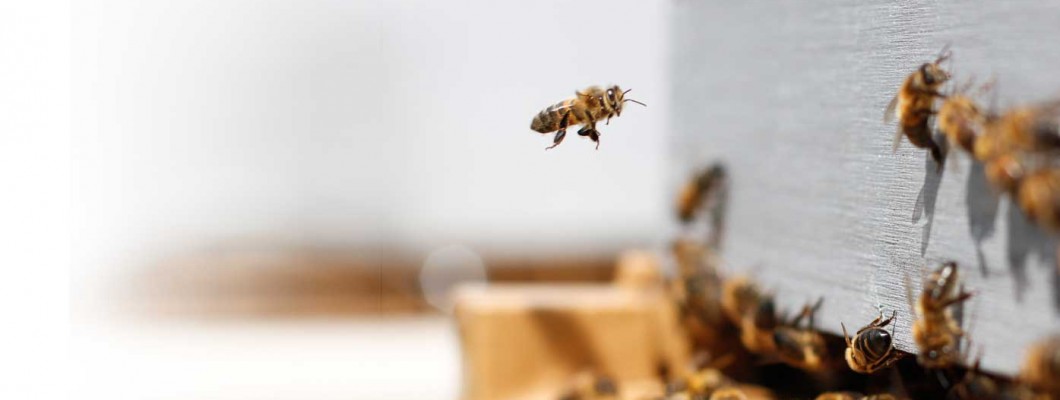
Here in the outer suburbs of Melbourne we are suffering through a dry cold winter and have experienced some of the worst frosts for 20 years. A contrast to last winter which was wet and mild. Despite the cold the Spring will arrive in the next few weeks and for the beekeeper preparing for the Spring build up in the hive is one of the most important management activities. Many of our customers are reporting colony losses, others a good pre Spring build up of bees. While it is true that the bees stay in the hive for longer periods during very cold weather eating stores the majority of losses at this time are usually the result of poor colony condition going into winter. Bee build up will be rapid during the Spring and an eye should be kept on the food stores your colony has. Colony expansion will often require supplementary feeding during this time as increased brood and bee numbers outstrip stores and what foragers can bring back to the hive.
The Spring will bring with it swarming activity in colonies and while we can’t prevent the bees natural inclination to swarm we can attempt to manage this. Once the warmer weather arrives do check that your colonies are not congested and inspect hives for queen cells, often foreshadowed by the build up of drone numbers. Look beyond the obvious face of the frame – queen cells can be attached to the side or even the bottom of the frame. Queen cells should be removed and inspections for them carried out frequently – weekly for the new beekeeper. Those with more a more experienced eye will have their own methods for dealing with this busy time for all beekeepers.
If your hive is boiling with bees split it to make two colonies and you will essentially fool the queen into thinking she has swarmed.
Other Spring chores include cleaning up your hive. Ensure that there is no build up of vegetation around the hive entrance hindering the bees entry and exit. Clean the inside of the hive lid, replace worn hive mats and clean the base. Check the frames for brood pattern and in particular for eggs which will signify the existence of a laying queen – even if you can’t spot her.
Spend some time watching your bees coming and going – building experience by looking inside and watching the activity outside your hive will tell you a lot about your colonies as you become more familiar with your bees.

